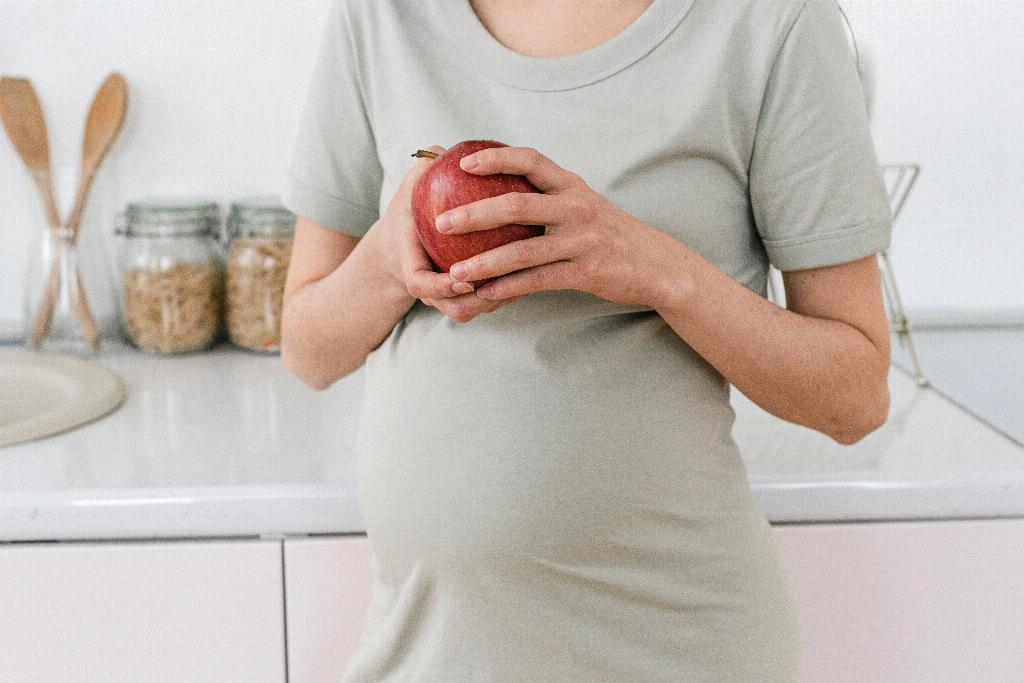HPV, short for human papillomavirus, is a common sexually transmitted infection that can affect both men and women. It is known to cause genital warts and is also linked to various cancers, including cervical cancer. However, when it comes to the question of whether HPV poses a high risk for getting pregnant, the answer is not straightforward.
While some people may worry that having HPV could impact their fertility and ability to conceive, the reality is that HPV itself should not interfere with the process of getting pregnant. It is important to understand that HPV is a virus that primarily affects the skin and mucous membranes, not the reproductive organs.
That being said, there are certain factors related to HPV that could potentially affect fertility. For example, women who have HPV and develop cervical cancer may require treatments such as surgery, chemotherapy, or radiation therapy. These treatments can have an impact on the health of the reproductive organs and may result in fertility issues.
However, it is essential to note that not all strains of HPV are linked to cancer. Some strains are considered low-risk and are more likely to cause benign conditions like genital warts. In these cases, the presence of HPV alone is unlikely to have a significant impact on a person’s ability to conceive.
It is also important to consider the potential impact of HPV on male fertility. While HPV is more commonly associated with cervical cancer in women, it can also affect men. Research suggests that HPV may reduce sperm quality and motility, which could potentially affect a couple’s ability to conceive.
When it comes to fertility and HPV, it is essential for individuals and couples to communicate openly with their healthcare providers. Regular screenings for HPV and cervical cancer are crucial for early detection and treatment. If fertility issues arise, consulting with a fertility specialist can help explore options for conception.
Ultimately, the presence of HPV alone is not a definitive indicator of fertility problems. Many individuals with HPV go on to conceive healthy pregnancies without any issues. However, staying informed about HPV, practicing safe sex, and prioritizing regular screenings are key steps in maintaining reproductive health.
While HPV should not be a major concern when it comes to getting pregnant, it is always advisable to address any questions or concerns with a healthcare provider. Knowledge and proactive healthcare practices play a vital role in ensuring overall well-being, including reproductive health.
In conclusion, HPV is not necessarily a high risk for getting pregnant, as the virus itself does not directly impact fertility. However, certain factors associated with HPV, such as cancer treatments or potential effects on sperm quality, may have implications for fertility. Understanding the complexities of HPV and its relationship to fertility can empower individuals to make informed decisions about their reproductive health.

